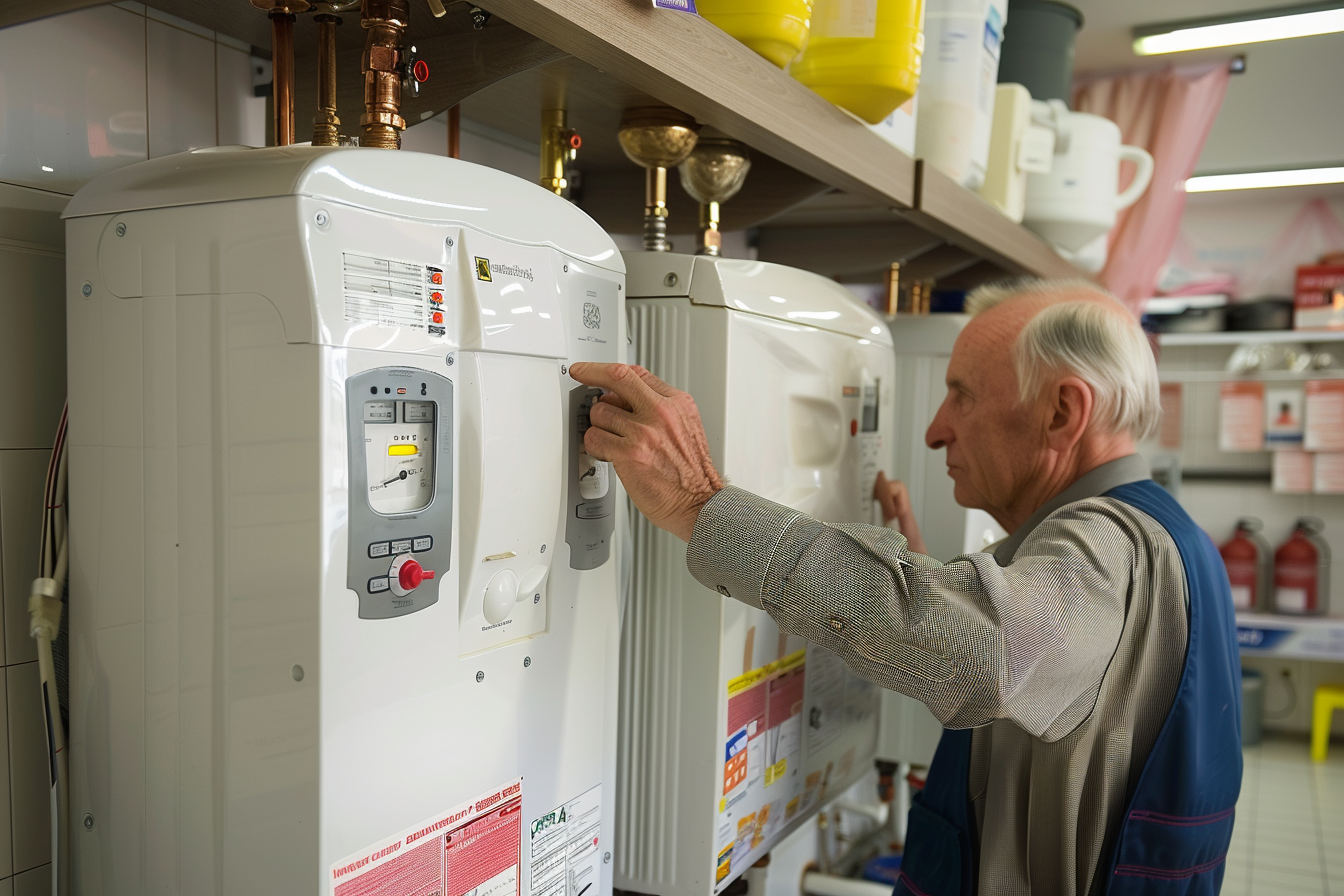Understanding HVAC Payment Options: Rent to Own and Financing Solutions
Rent-to-own HVAC systems allow households to access heating and cooling equipment through installment-based agreements. Payments contribute toward eventual ownership, offering an alternative for those unable to make large upfront investments while still needing reliable climate control.

How Does Rent to Own HVAC Work?
Rent-to-own HVAC programs allow homeowners to install new heating and cooling systems with minimal upfront costs. Through these programs, customers make monthly payments that contribute toward eventual ownership of the system. The rental period typically ranges from 24 to 60 months, during which the provider maintains responsibility for repairs and maintenance. At the end of the term, the customer owns the HVAC system outright.
What HVAC Payment Options Are Available?
Several financing alternatives exist for homeowners seeking to install or replace HVAC systems:
-
Traditional bank loans and personal loans
-
Home equity lines of credit (HELOC)
-
Manufacturer financing programs
-
Credit card financing
-
Rent-to-own agreements
-
Government assistance programs
What Are the Benefits of Rent to Own HVAC Systems?
Rent-to-own HVAC arrangements offer several advantages for homeowners. These programs typically include maintenance coverage, reducing unexpected repair costs. Additionally, they require minimal down payments and often have more flexible credit requirements than traditional financing. Many programs also allow customers to upgrade their systems during the rental period if their needs change.
Understanding HVAC System Costs and Payment Plans
Current HVAC system costs vary significantly based on size, efficiency rating, and installation requirements. Here’s a breakdown of typical costs and payment options:
| System Type | Average Cost | Monthly Payment Range (Rent to Own) |
|---|---|---|
| Central AC | $3,500-7,500 | $75-150 |
| Heat Pump | $4,000-8,000 | $85-170 |
| Full HVAC System | $6,000-12,000 | $125-250 |
Prices, rates, or cost estimates mentioned in this article are based on the latest available information but may change over time. Independent research is advised before making financial decisions.
Important Considerations for HVAC Financing
When evaluating HVAC payment options, consider these key factors:
-
Total cost of ownership, including interest or rental fees
-
Length of payment terms
-
Maintenance and repair coverage
-
Credit requirements and approval process
-
Early buyout options
-
Warranty coverage
-
Installation costs
Understanding the various HVAC payment options helps homeowners make informed decisions about system replacement or installation. Whether choosing rent-to-own programs or traditional financing, carefully reviewing terms and comparing total costs ensures the best long-term value for your investment. Remember to consider both immediate affordability and long-term financial implications when selecting a payment solution for your HVAC needs.




